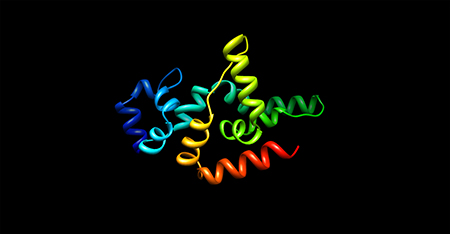the death of the author (reloaded)

text production after the copyright as we know it
two evenings with new conceptual literatures, lectures, performances and discussions – event partly in english. in association with literaturhaus wien.
26 and 27 september 2014; info: >> http://sfd.at/festival2014
with:
johannes ullmaier (literary academic and music addict, mainz), traumawien – luc gross/peter moosgaard (literary-activistic web-infiltrators, vienna)/gudrun geier (traumawien resident), sandra huber/thomas curie (experimental author and sleep researcher, lausanne/berlin/vancouver), k. t. zakravsky (theoretician, performer, writer, vienna), raimund h. drommel (forensic linguist und language-profiler, cologne and sulzdorf), daniela seel (lyricist/web-publisher kookbooks, berlin), christian bök (experimental author, calgary/canada; he also holds a class at sfd on occasion of the festival: sfd.at/boek)
“writing is 50 years behind painting”, claimed brion gysin in 1959, co-inventor of the literary cut-up-technique. “brion gysin might still be right”, fears kenneth goldsmith in 2011, tireless propagandist of “uncreative writing” and numerous other methods that do away with conventional narrative. the concept of the author as a power plant of originality and creativity that serves and rules the market is still firmly stuck in the heads of a majority of the producers and readers.
the reason why “the death of the author” (roland barthes, 1968) or his/her “demise in favour of a universal intertextuality” (julia kristeva, 1967) has still not been noticed by a wider audience could be due, on the one hand, to the timidness with the experimental or, on the other hand, to the educated bourgeois’ claim that an author should have something to say so that the reader may get something to understand.
our festival will show that the timidness is as unfounded as the claim is obsolete. new conceptual literature is as far away from bloodless formalism as friederke mayröcker from rosamunde pilcher, and its enthusiastically differentiated writing, talking and thinking positions cry out for the plural “literatures” – and above all: many postconceptual authors locate themselves in the context of performance, transmedia and net-activism. those fields seem to be a better place for a process-oriented, combinatorial and boundary-expanding writing than the space between book covers. and if someone like the canadian conceptualist christian bök – like in his project the xenotext experiment – even injects the dna-sequence of one of his poems into an extremely resistant bacteria called deinococcus radiodurans with the intention that his poem can not only survive any nuclear strike, but above all can procreate as it were authorless, then any other question about the writing subject is superfluous.
during lectures, old questions regarding authorship shall be newly asked and the takeover of strategies of misappropriation taken from visual arts and music – appropriation, sampling, remix, etc. – should be critically examined. knowing that even with the highest degree of deconstruction one cannot escape the “i” and that all texts end in “dilemmas of understanding” (oswald wiener), we are looking forward to paradox discourses as “happy science”, in full accordance with its creator friedrich nietzsche and his superb aphorism: “all good things have something casual and lie like cows on a field.”
fritz ostermayer
friday, 26 september from 5 p.m. and saturday 27 september from 4 p.m.
venue: literaturhaus wien, zieglergasse 26a, 1070 vienna
free admission
>> www.facebook.com/poetryschool
info: >> http://sfd.at/festival 2014
